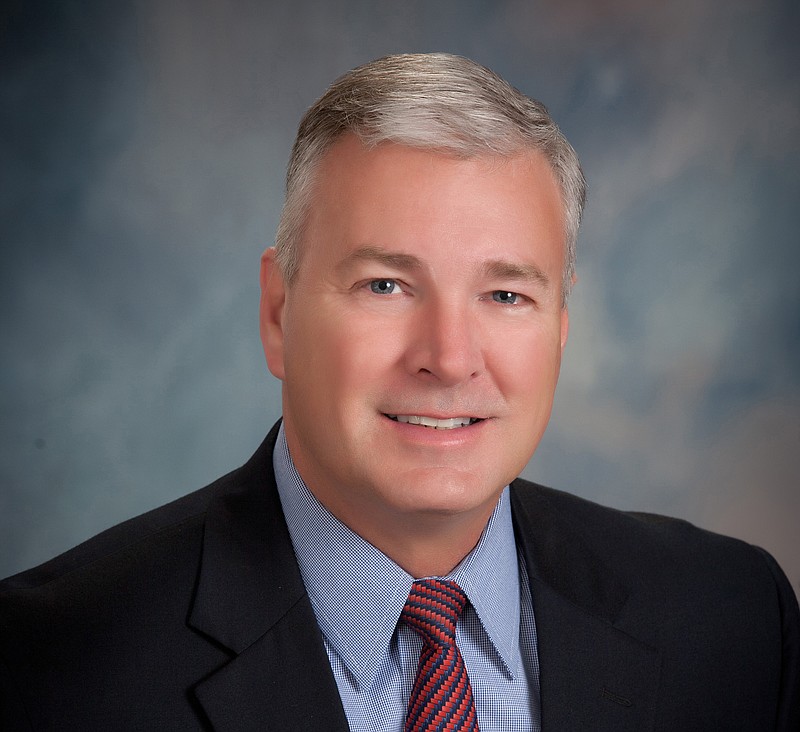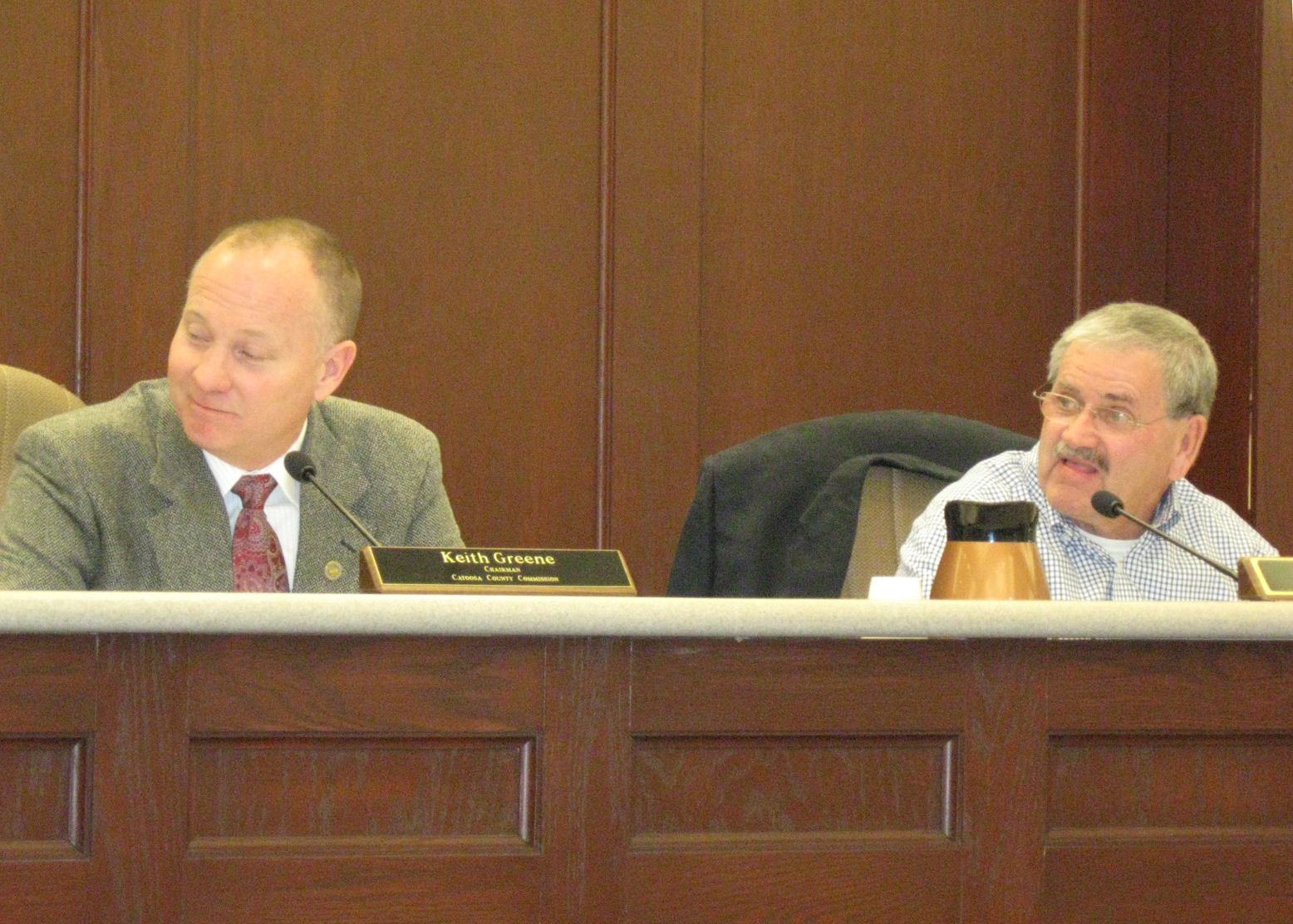Area millage rate changes
Catoosa County GovernmentFiscal Year 2016: 6.594FY 2017: 7.498 (13.7 percent increase)Hearing date: TuesdayCatoosa County SchoolsFY 2016: 18.692FY 2017: 18.692Chattooga County GovernmentFY 2016: 15.373FY 2017: 15.138 (1.5 percent decrease)Chattooga County SchoolsFY 2016: 14.126FY 2017: 13.783 (2.4 percent decrease)Dade County GovernmentFY 2016: 8.463FY 2017: 8.391 (0.8 percent decrease)Hearing: ThursdayDade County SchoolsFY 2016: 15.083FY 2017: 15.509 (2.8 percent)Murray County GovernmentFY 2016: 7.204FY 2017: 7.194 (0.1 percent decrease)Murray County SchoolsFY 2016: 15.5FY 2017: 15.5Whitfield County GovernmentFY 2016: 7.061FY 2017: 9.561 (35 percent increase)Whitfield County SchoolsFY 2016: 18.756FY 2017: 18.756Note: Because property values also change, it’s difficult to determine exactly how each property tax change will impact a common homeowner in broad terms.
Calculating property taxes
How to calculate your property taxes in Georgia, based on your county’s millage rate:› 1. Taxes are assessed on 40 percent of your property’s value. So take the property value and multiply it by 0.4.› 2. From this value, subtract any exemptions that you don’t have to pay, like a homestead exemption. For more information on this, contact your local tax commissioner.› 3. A mill is $1 per $1,000 of assessed property. So take your millage rate and divide it by 1,000. If the millage rate is 10, for example, turn it into 0.01.› 4. Take this figure for the millage and multiply it by the the taxable property value (the number from step 2).Source: Association County Commissioners of Georgia
Catoosa County commissioners will debate this week whether to hike residents' property taxes by up to 13.7 percent.
The increase would go mainly toward three things, County Manager Jim Walker said: $500,000 for the new state court that will open soon; $500,000 to the fire department, and $300,000 toward a cost of living raise for county employees.
Commissioners will hold hearings on the projected tax increase at 9 a.m. and 6 p.m. Tuesday, Walker said, and will comb through the proposed budget again Friday. The changes would be for the fiscal year that begins Oct. 1.
During a similar meeting last week, the biggest point of contention was the money for the fire department. Chief Chuck Nichols is looking to fully staff one station now run by volunteers.
Of the county's seven fire stations, four "career stations" are staffed at all times by paid county firefighters. The other three are run by volunteers who usually respond to a fire call by driving to the station, getting the necessary equipment and then driving to the scene.
On average, the volunteers take 13 minutes and 16 seconds to get to the scene of an emergency. The career firefighters take seven minutes and 54 seconds.
"In our business," Nichols told commissioners, "time can make a difference."
The proposal is to add nine firefighters, with three on each eight-hour shift, to staff the Keith Station in the northeastern end of the county.
Nichols said the other two stations aren't properly equipped for living quarters. For example, one can't get a shower hookup installed.
At last week's hearing, Commission Chairman Keith Greene wondered whether fully staffing one more station is the smartest strategy. He said studies show the busiest hours for the fire stations are between 10 p.m. and 2 a.m.
He proposed fully staffing all three stations during those times and letting volunteers handle the slower times.
"You're telling me that we need to man [the Keith Station] full time," he said. "We still will never know when that critical call is going to come in. But based on statistics when people are home, that's when you're usually going to get your calls: late in the evenings or early in the mornings."
Commissioner Ray Johnson, himself a volunteer firefighter for more than 20 years, wondered whether this is the best time to pour more money into the fire department.
"Whether we need it right now or not, with all the other hikes, I don't know," Johnson said. "Me, personally, I'd like to see the state court get going. It's supposed to pay for itself. Maybe next year, it will make enough money to maybe put the firemen on to something."
Commissioner Bobby Winters supports the additional career firefighters. He said this wouldn't be a problem if not for the commissioners' decision in 2010 to guarantee some loans for Hutcheson Medical Center.
When the hospital filed for bankruptcy in November 2014, the commissioners were left holding the bag. They had to pay about $3.5 million to Regions Bank and Erlanger Health Systems in January 2015. They had to pay another $6.2 million to Erlanger in June.
Winters said county attorneys Clifton "Skip" Patty and Chad Young made commissioners believe those payments would never fall on Catoosa County.
"We thought we were going to get some of that back," Winters said. "But it looks like we were kind if misled. It looks like we're going to have a tax increase."
Young said Winters' description of the events isn't exactly fair. The commissioners asked the attorneys to help negotiate a deal to save Hutcheson. The county guaranteed the loan with the understanding that Erlanger would have to foreclose on Hutcheson's property before ever asking the counties for money.
At the time, Young said, Hutcheson's land and buildings were worth about $30 million. They declined in the following years, and Catoosa County had to make payments.
"The Commissioners were all very conscientious and diligent in their decision making and tried to make the best decisions they could to (i) assist the Hospital to help it survive as much as possible & (ii) not expose the taxpayers of the County to undue risk," Young wrote in an email.
The county's payments came from a reserve fund. County Chief Financial Officer Carl Hensen said no part of the proposed budget would go toward rebuilding that fund.
Whitfield County Tax increase
The Whitfield County Commission voted last week to raise property taxes by 35 percent.
County Financial Director Alicia Vaughn said the raise was necessary because revenue has slid in other areas, such as sales tax on energy used for manufacturing and property taxes on automobiles.
She said the new property tax rate will have to be revisited next year because the preliminary budget for 2018 looks to have a deficit of about $7 million.
There are several reasons for this, including the fact the county will have to start making pension payments again soon. In 2012, Vaughn said, the county funded the pension at 120 percent, so it skipped payments for a couple of years. But now the pension payments are floating closer to 100 percent.
Also, Vaughn said, the county's 911 fund is running out of money and needs about $600,000 per year to keep the 911 center operating.
Contact staff writer Tyler Jett at 423-757-6476 or tjett@timesfreepress.com. Follow him on Twitter @LetsJett.

